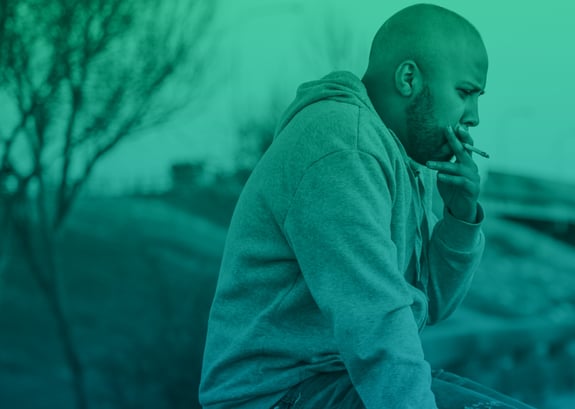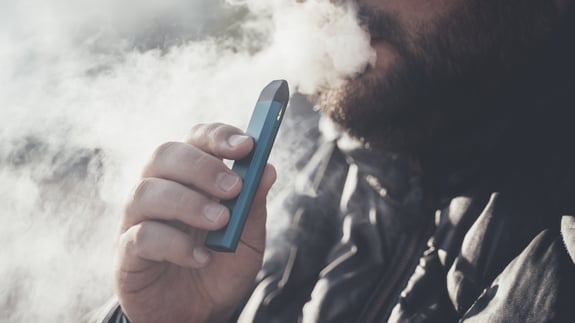
Pregnant and Postpartum Women
Smoking when you are pregnant or postpartum can lead to serious health problems for you and your baby.
Pregnancy and Tobacco Use
Using tobacco products during pregnancy — cigarettes, cigars, e-cigarettes, hookah and smokeless tobacco — exposes potentially lethal toxins to you and your baby. Tobacco products introduce these chemicals to your bloodstream, which your baby shares with you. The fate of your child relies on your choices.
Nicotine should never be used by pregnant women. Pave the way for you and your child to lead a smoke-free pregnancy and a smoke-free life.
Take the first step to quitting and contact the SDQuitline Today!
Read More
TIPS TO QUIT
Start your quit journey today, and enroll in the FREE South Dakota QuitLine program. Pregnant women get free additional support through the Postpartum Program.






